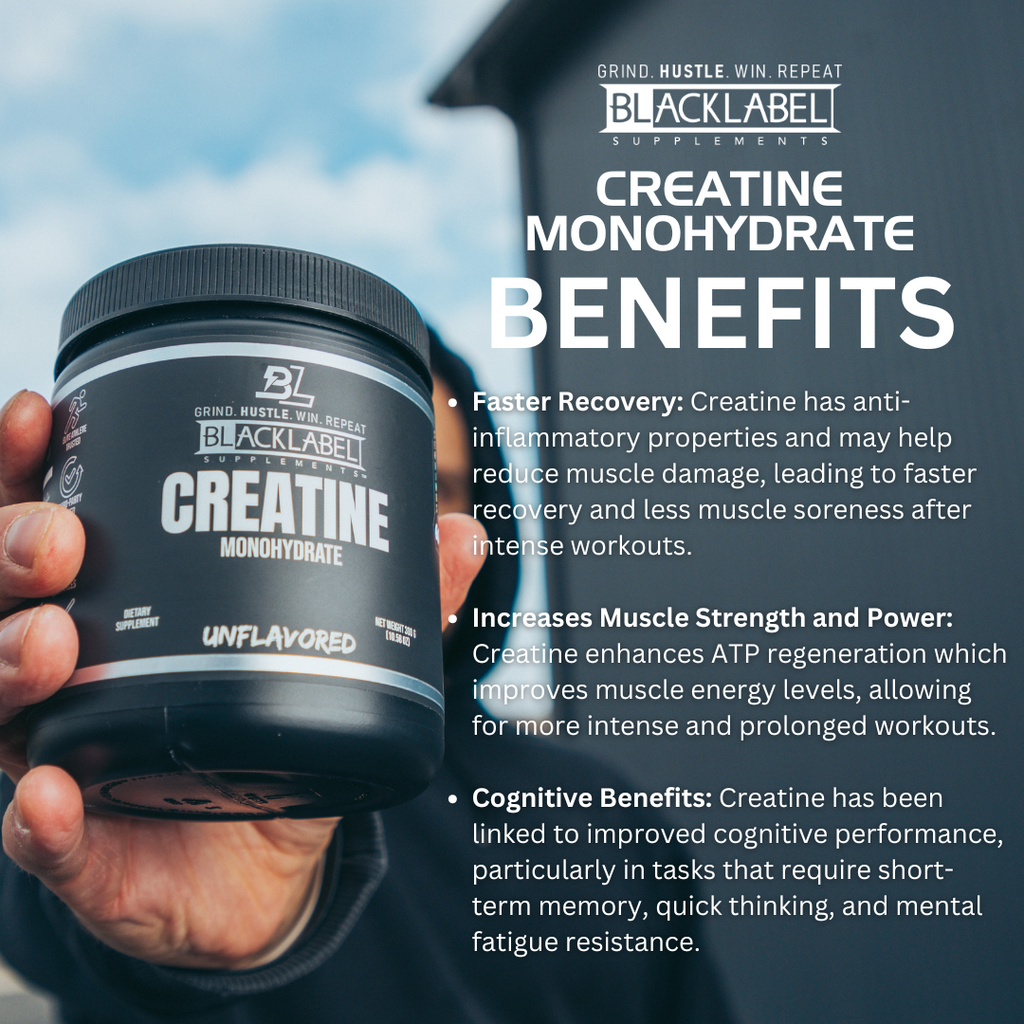Some Known Questions About Creatine Monohydrate.
Some Known Questions About Creatine Monohydrate.
Blog Article
An Unbiased View of Creatine Monohydrate
Table of ContentsThe 4-Minute Rule for Creatine MonohydrateCreatine Monohydrate Things To Know Before You BuyFascination About Creatine Monohydrate
The authors acknowledge a danger of predisposition with the study layouts due to a requirement for more quality over randomization with almost all research studies included. Just three of the nineteen studies extensively detailed the analysis of VO2 max.
This differs from athlete to athlete, however. If weight gain via fluid retention is a problem, quit taking creatine 1-2 weeks before competing to offset liquid retention while keeping increased creatine stores. Some individuals experience intestinal pain when taking creatine, such as bloating, cramping, or diarrhea. It is necessary to keep in mind that not everyone experiences intestinal distress while taking creatine, and it can commonly be managed by changing the dose or taking it with meals, as described by the International Culture of Sports Nourishment.
It's recommended to use it in powder type. Worries regarding the long-term effects of creatine monohydrate supplementation on kidney (kidney) feature have been raised. Nevertheless, researches done by the International Culture of Sports Nutrition and Sports Medication program that temporary and long-lasting use of creatine monohydrate within recommended dosages doesn't take the chance of renal function in healthy individuals.
Little Known Facts About Creatine Monohydrate.
None of the research studies investigated triathletes. look at here The unfavorable impacts reported in the studies connected to weight gain. As mentioned, the majority of the researches used a higher-dose loading protocol (20g+/ day) in a short period that can be offset and prevented through a reduced dose (such as 5g/day) for an extended duration.

Let's look at the major benefits of creatine monohydrate. original site There is solid, reputable study showing that creatine boosts health.
The bulk of creatine is kept in the skeletal muscular tissues in a kind pop over to these guys known
as phosphocreatine, or creatine phosphate. Creatine help in the manufacturing of adenosine triphosphate, or ATP. Also if they never lifted a weights, they would certainly still profit from creatine supplements.
Report this page